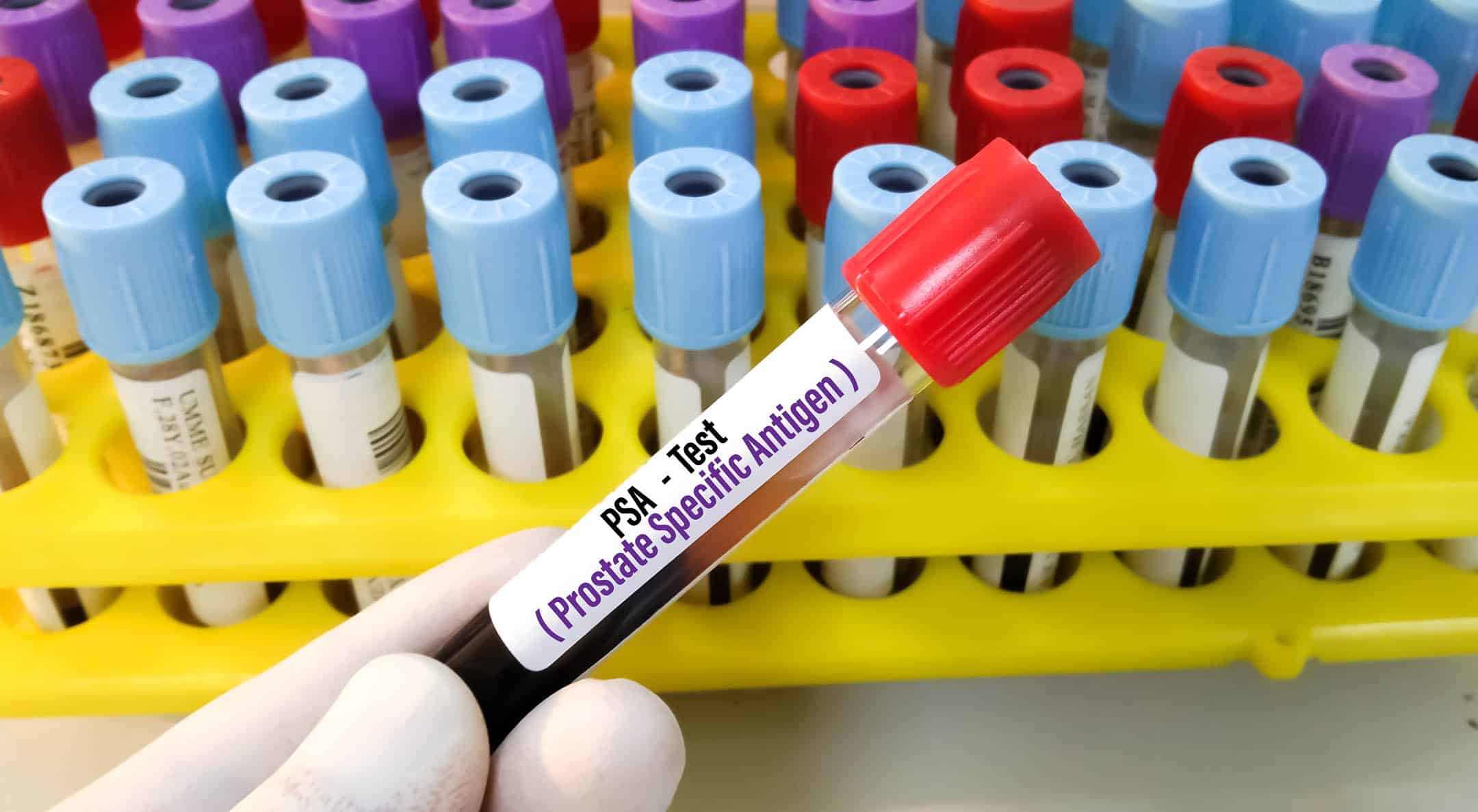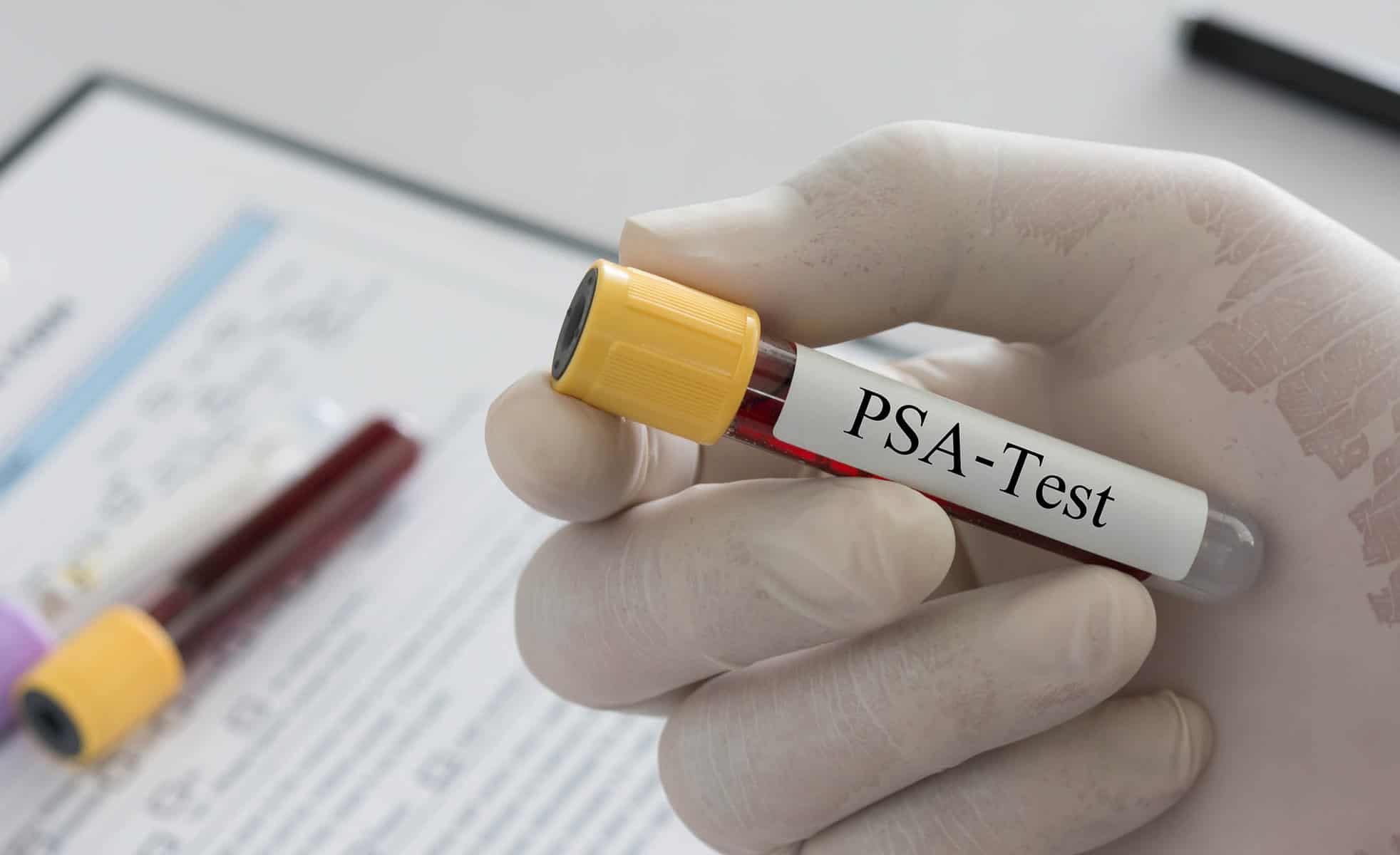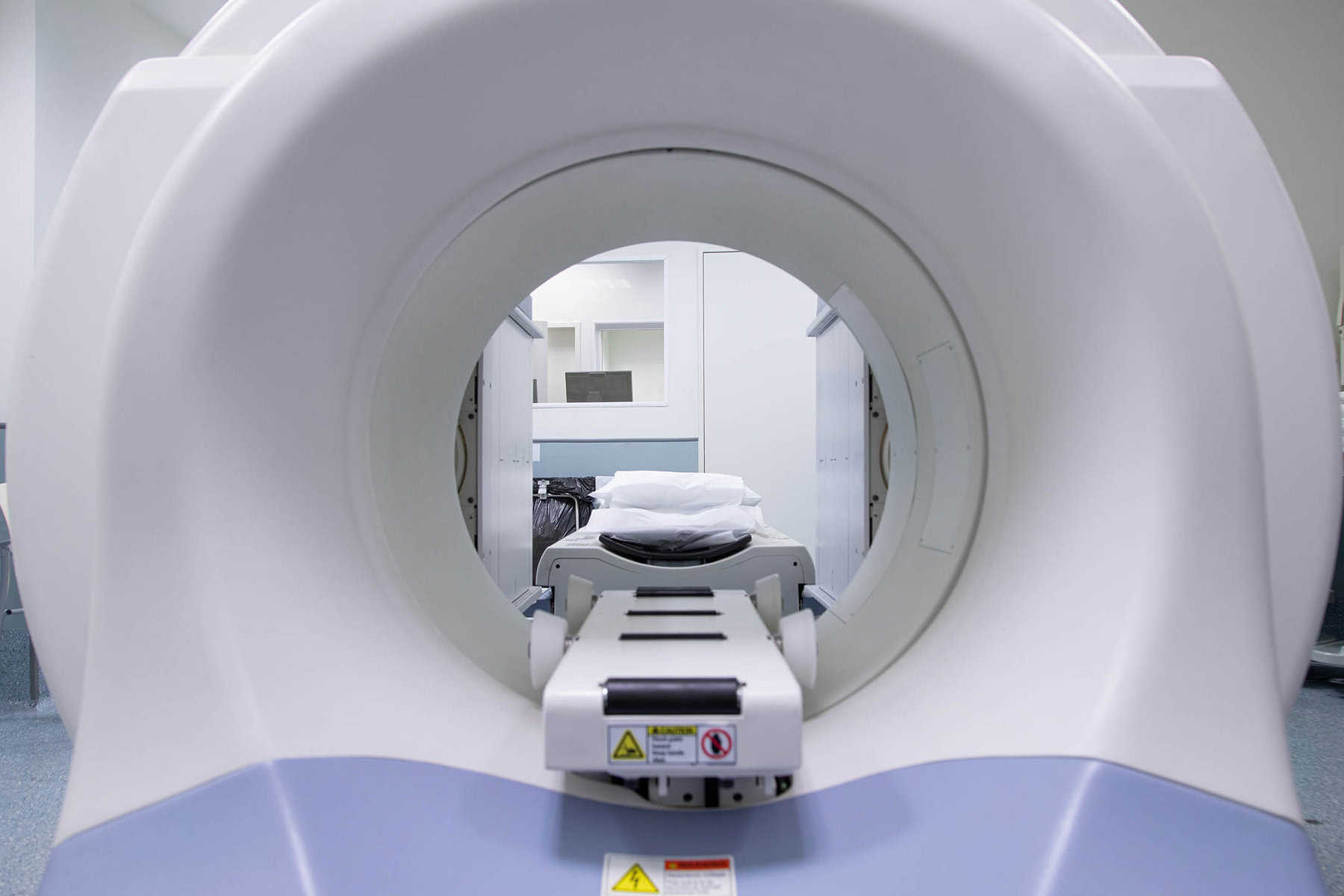Expert Care for Raised PSA Levels
Concerned about raised PSA levels? Discover comprehensive diagnosis and treatment at The Forbury Clinic. Submit an enquiry for a consultation and get the expert care you need today.

Overview of Raised PSA Levels
Prostate-Specific Antigen (PSA) is a protein produced by both normal and malignant cells of the prostate gland. A raised PSA level in the blood can be a sign of prostate cancer, but it can also indicate other prostate conditions such as benign prostatic hyperplasia (BPH) or prostatitis. Addressing raised PSA levels promptly is crucial for early detection and treatment of potential prostate issues. At The Forbury Clinic, we specialise in diagnosing and managing raised PSA levels with a patient-centred approach. Our experienced team uses advanced diagnostic tools and tailored treatment plans to ensure the best possible outcomes, providing you with peace of mind and optimal health.


What is a Raised PSA?
Raised PSA refers to an elevated level of Prostate-Specific Antigen in the blood. PSA is a protein produced by the prostate gland, and its levels can be measured through a blood test. While a higher-than-normal PSA level can be a marker for prostate cancer, it can also be caused by non-cancerous conditions such as benign prostatic hyperplasia (BPH), prostatitis, or urinary tract infections. Symptoms associated with raised PSA levels can include difficulty urinating, frequent urination, especially at night, weak or interrupted urine flow, and pain or discomfort in the pelvic area. However, some men with raised PSA levels may not experience any symptoms, making regular screening important for early detection and treatment.
Causes and Risk Factors
Raised PSA levels can result from various factors, and understanding these can help in effective diagnosis and management:
Prostate Cancer:
Elevated PSA levels can be an early sign of prostate cancer.
Benign Prostatic Hyperplasia (BPH):
An enlarged prostate can cause higher PSA levels.
Prostatitis:
Inflammation or infection of the prostate gland can lead to raised PSA.
Urinary Tract Infections (UTIs):
Infections in the urinary tract can temporarily increase PSA levels.
Age:
PSA levels naturally increase with age.
Medications:
Certain medications used to treat BPH or other conditions can affect PSA levels.
Recent Prostate Activity:
Recent ejaculation, digital rectal exam (DRE), or prostate biopsy can temporarily elevate PSA levels.
Risk Factors
Age:
Men over 50 are more likely to have raised PSA levels.
Family History:
A family history of prostate cancer increases the risk.
Ethnicity:
African-American men have a higher risk of developing prostate cancer and raised PSA levels.
Diet and Lifestyle:
A diet high in red meat and low in vegetables, as well as a sedentary lifestyle, can contribute to prostate health issues.
Diagnosis
Diagnosing raised PSA levels at The Forbury Clinic involves a thorough evaluation to determine the underlying cause. Our specialists use a combination of advanced diagnostic tools and personalised assessments, including:
- PSA Blood Test: Measuring the level of Prostate-Specific Antigen in the blood to detect any elevations.
- Digital Rectal Exam (DRE): A physical examination where the doctor feels the prostate gland through the rectal wall to check for abnormalities.
- Urine Tests: Urinalysis to check for signs of infection or other abnormalities.
- Prostate Biopsy: If cancer is suspected, a biopsy may be performed to take small samples of prostate tissue for analysis.
- Imaging Tests:
- Ultrasound: An imaging test to visualise the prostate gland.
- MRI: Magnetic Resonance Imaging provides detailed images of the prostate and surrounding tissues.
- PSA Test: Measures the amount of PSA that is not bound to proteins in the blood, helping to distinguish between benign conditions and prostate cancer.
- PCA3 Test: A urine test that looks for a gene specific to prostate cancer, providing additional information for diagnosis.
These diagnostic methods allow our team to accurately identify the cause of raised PSA levels and develop a tailored treatment plan.

Treatment for Raised PSA Levels
At The Forbury Clinic, we offer a comprehensive range of treatment options for raised PSA levels, tailored to the specific needs of each patient. Our approach combines the latest medical advancements with compassionate, patient-centred care:
Active Surveillance:
Regular monitoring of PSA levels and prostate health for men with low-risk prostate cancer or non-cancerous conditions.
Medications:
- Antibiotics: For treating prostatitis or urinary tract infections that may be causing elevated PSA levels.
- Alpha-Blockers and 5-Alpha-Reductase Inhibitors: Medications to manage benign prostatic hyperplasia (BPH) and reduce PSA levels.
Lifestyle Modifications:
Recommendations to improve overall health and reduce PSA levels, such as dietary changes, increased physical activity, and smoking cessation.
Minimally Invasive Procedures:
- Transurethral Resection of the Prostate (TURP): A surgical procedure to remove part of the prostate gland in cases of severe BPH.
- Prostate Artery Embolisation (PAE): A minimally invasive procedure to shrink the prostate by reducing its blood supply.
Radiation Therapy:
For treating prostate cancer, involving the use of high-energy rays to target and kill cancer cells.
Surgical Options:
- Radical Prostatectomy: Surgical removal of the entire prostate gland and some surrounding tissue, often used for treating prostate cancer.
Innovative Treatments:
The Forbury Clinic offers cutting-edge treatments, such as high-intensity focused ultrasound (HIFU) and laser therapy, to provide effective relief for prostate conditions causing raised PSA levels.
Our multidisciplinary team ensures that each patient receives the most appropriate and effective treatment, enhancing their quality of life and managing their condition with precision and care.
Managing Raised PSA
Managing raised PSA levels involves a combination of medical treatments and lifestyle adjustments to control symptoms and improve overall health. At The Forbury Clinic, we provide comprehensive care and guidance to help manage this condition:
Regular Monitoring:
Keeping track of PSA levels with regular blood tests to detect any changes early.
Healthy Diet:
Consuming a balanced diet rich in fruits, vegetables, and whole grains to support prostate health.
Hydration:
Drinking plenty of water to maintain urinary health and prevent infections.
Exercise:
Engaging in regular physical activity to improve overall health and reduce PSA levels.
Stress Management:
Implementing stress-reduction techniques such as meditation, yoga, and deep breathing exercises to support overall well-being.
Avoiding Prostate Irritants:
Reducing the intake of caffeine, alcohol, and spicy foods that can irritate the prostate.
These management strategies aim to complement medical treatments and provide a holistic approach to improving symptoms and overall well-being.
Complications
While raised PSA levels can often be managed effectively, untreated or persistent elevations can lead to several complications that may affect overall health:
- Prostate Cancer: Persistent high PSA levels can be an indication of prostate cancer, which requires prompt diagnosis and treatment.
- Urinary Issues: Problems such as difficulty urinating, frequent urination, or urinary retention.
- Prostate Enlargement: Benign prostatic hyperplasia (BPH) can cause significant discomfort and urinary symptoms if not managed properly.
- Infections: Chronic prostatitis or urinary tract infections can lead to recurrent symptoms and complications.
Prognosis
The prognosis for raised PSA levels largely depends on the underlying cause and the effectiveness of the treatment plan. With timely diagnosis and appropriate treatment, many men can achieve significant improvements in symptoms and overall health. Regular follow-ups and ongoing management are crucial to prevent complications and maintain prostate health. At The Forbury Clinic, we are dedicated to guiding our patients through their treatment journey with comprehensive care and support, ensuring the best possible outcomes and a higher quality of life.


Why Choose The Forbury Clinic?
Choosing The Forbury Clinic for your raised PSA levels treatment ensures you receive exceptional care from a team of experienced specialists. Our clinic is known for its expert medical staff who are dedicated to diagnosing and treating prostate conditions with precision and compassion. We use state-of-the-art diagnostic tools and the latest medical advancements to provide accurate diagnoses and innovative treatments tailored to your specific needs. Our patient-centred approach prioritises your comfort, privacy, and overall well-being, offering comprehensive support throughout your treatment journey. At The Forbury Clinic, you can trust that you are in capable hands, with a dedicated team committed to helping you achieve optimal health and a better quality of life.